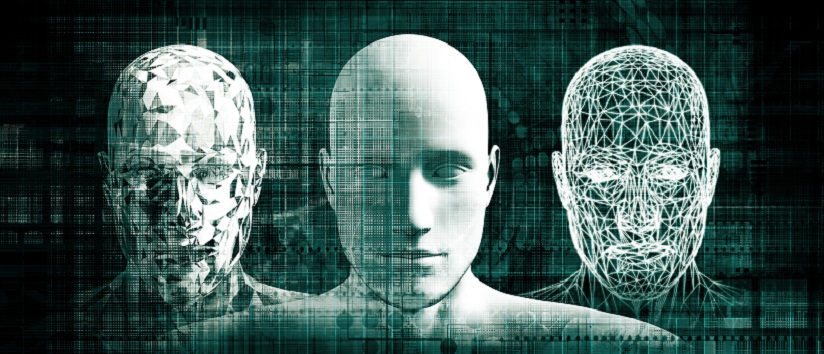Pavilion Publishing and Media Ltd
Blue Sky Offices Shoreham, 25 Cecil Pashley Way, Shoreham-by-Sea, West Sussex, BN43 5FF, UNITED KINGDOM
The rise of deepfakes: how worried should we be?
Recent news stories have prompted a debate about the threat of misinformation in the dawn of artificially generated images, but how worried we should be about the rise of deepfakes?
The growing popularity of photo-editing features has prompted a wider debate about the threat of misinformation in the dawn of artificially generated images, but how worried we should be about the rise of deepfakes?
Photo editing technology has moved on substantially over the past 30 years from subtle changes using photoshop or adding a flattering filter. Even the Princess of Wales recently found herself at the centre of a media storm involving photoshop editing on a family picture.
The incident led to calls for stringent guidelines to ensure that images published in news outlets depict reality and outlets know content provenance and ownership.
For a while, humans had a decent chance to see what was fake and what was real. However, with the increasing power and ability of artificial intelligence (AI) generating high quality deepfake products, it has become near impossible for a human to detect these changes as they appear real and legitimate.
What are deepfakes?
The dictionary definition of deepfakes is ‘an image or recording that has been convincingly altered and manipulated to misrepresent someone as doing or saying something that was not actually done or said’.
The implications of being able to radically and professionally alter videos, images and audio so they can misrepresent what people say and do is enormous. This can have disturbing consequences if the person is famous such a celebrity or a well-known politician.
Even worse, it may not be possible to detect a fake even using sophisticated computer software meaning deepfakes can be passed off as real with no simple way of disproving this. It is possible that technology can advance to catch up and call out a deepfake production, but this could be a difficult race without a clear winner.
Why is this important?
AI generated deepfakes could cause chaos in a democracy, after all many of us now rely on news and information from websites and social media platforms. These online multimedia packages can look sophisticated and the real deal but they can be utilised by malicious actors wanting to sway and influence political opinion, say in a democracy.
For example, this year there are likely to be 64 nations holding an election, including the USA, UK and India. Imagine if targeted members of the electorate received a media package that convincingly contained a message which could distort the election result in favour of a certain group which may not represent the true feelings of the voters. This could be a massive threat to global democracy.
A good example of this happened this year when a phone call sent to a portion of an electorate claimed to be US President Biden telling people not to vote.
Making a deepfake audio apparently is not that difficult. This raises a hugely important question of where do people go to obtain unbiased and trustworthy news information? The reliability of news sources in the deepfake era is something that has worried me (and many others) and I have relied less and less on internet based resources, except when I am using more trusted organisations such as the BBC.
Of course it is not just the news agenda, financial scams can be facilitated by sophisticated deepfakes. The respected consumer champion Martin Lewis was seemingly copied in a deepfake video endorsing a product, he would never endorse in real life. In an interview with the real Martin Lewis after the deepfake segment, he calls it a “terrifying development.”
It is not just consumers who can be taken in by professional deepfakes, professional money managers can also be conned by deepfake financial scams, with one finance worker being tricked into paying out $25 million to criminals. Deepfake pornography is another huge issue. Legal remedies are behind in the advances in technology, and it is imperative that this lag is corrected.
Deepfakes and medicine
Healthcare, however, has shown itself to be an area in which deepfakes could be beneficial. According to Statista, the artificial intelligence (AI) healthcare market, valued at $11 billion in 2021, is projected to be worth $187 billion in 2030. Last year there was an influx of research studies that looked at the use of AI in detecting diseases or interpreting patient data.
In addition, copying a voice maybe useful for someone who has a degenerative neurological disease. An artificial voice could restore or mimic the original voice of a person affected by a disease. It could also recreate a dead person’s voice for say a movie or educational use.
There are a huge number of benefits of the fantastic advances in technology we have seen over the last 30 years but there are also big drawbacks, like the malicious use of deepfakes. Deepfake technology will impact many aspects of our lives, professional and personal. Not only must we be aware of them but we must be able to combat them.
Dr Harry Brown is a retired GP, Leeds and medical editor of Pavilion Health Today



